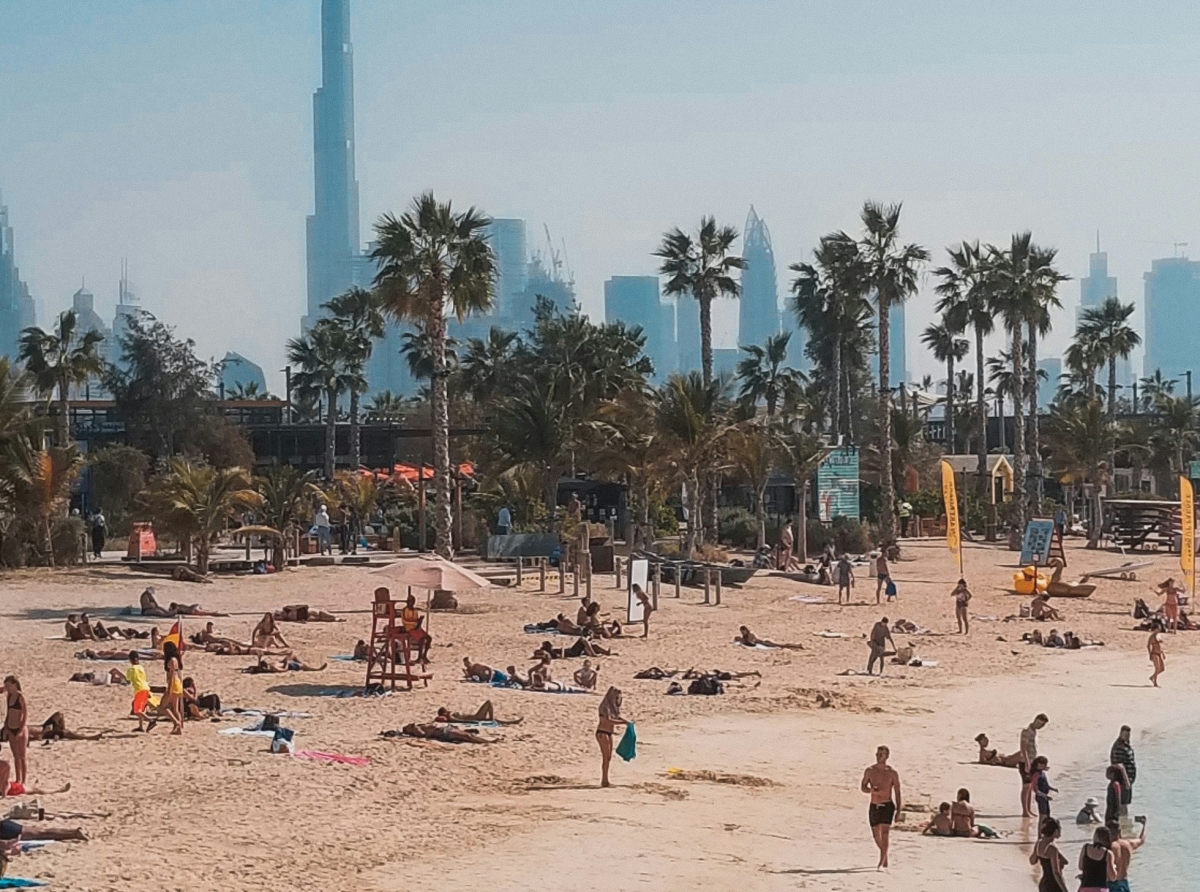Dubai’s Quiet Influence on the Modern Athlete
In the global economy of sport, attention often follows medals and score...
Feb 04, 2026

In Dubai, a city that gleams with ambition, the true pulse lies not in its skyscrapers but in its people—4 million strong in 2025, of whom a staggering 92% are expatriates. This human mosaic, drawn from over 200 nations, is the engine of Dubai’s global identity, a testament to a place where dreams are both imported and realized. From the British professionals shaping its skyline to the Indian community—roughly half of the foreign-born population—fueling its commerce, Dubai’s expatriates are not mere visitors but architects of a cosmopolitan experiment. Yet, their lives unfold in a city that demands resilience, navigating a delicate balance of opportunity and constraint.
Walk through Jumeirah’s bustling streets, and you’ll hear the cadence of countless tongues: Hindi in corner shops, Urdu among taxi drivers, Tagalog in vibrant cafes. English, alongside Arabic, serves as a lingua franca, stitching together a society where Pakistani laborers and Filipino entrepreneurs coexist with Emirati visionaries. This diversity is no accident but a cornerstone of Dubai’s economy, which relies on expatriates for everything from construction to high finance. In 2019, the Italian artist Princess Bee captured this spirit in her “Hi Dubai” series on Dubai One TV, profiling 25 women—Emirati and expat—who shaped the city’s cultural and social fabric. From event planners to artists, their stories illuminated how individual ambition fuels collective progress.
Yet, life as an expatriate in Dubai is a study in contrasts. The city’s promise of opportunity—tax-free salaries, world-class infrastructure—draws over 100,000 British residents and countless others from South Asia, Africa, and beyond. But the path is rarely smooth. Visa regulations, tied to employment or sponsorship, cast a shadow of impermanence, requiring constant renewals and compliance with strict laws. Cultural adaptation, too, tests newcomers: alcohol is confined to licensed venues, public behavior is closely monitored, and political expression is curtailed. These rules, rooted in the UAE’s conservative framework, coexist with a tolerance that allows mosques, churches, and temples to stand side by side. For many, the trade-off is worth it—a chance to build a life in a city that feels like the world’s crossroads.
Dubai’s expatriates do more than adapt; they create. Indian restaurateurs introduce biryani to global palates, while Filipino designers craft boutiques in Jumeirah that rival Paris or Milan. Pakistani drivers, navigating the city’s arteries, share stories of home with passengers, weaving personal histories into Dubai’s narrative. This interplay of cultures has made Dubai a global stage, where a single market stall or boardroom meeting can feel like a United Nations summit. Yet, the city’s reliance on its expatriate workforce raises questions about sustainability. With no path to permanent residency for most, Dubai must grapple with how to retain the talent that drives its growth while honoring its Emirati roots.
To live in Dubai as an expatriate is to embrace a paradox: a transient home that feels eternal, a city that is both yours and never fully yours. The voices of its 4 million residents—heard in the chatter of souks, the hum of offices, or the laughter on Jumeirah Beach—tell a story of resilience and reinvention. Dubai is not just a destination; it is a canvas, painted daily by the ambitions of those who call it home, however fleetingly. In their hands, a desert outpost has become a global city, its future as boundless as the dreams it inspires.
Photo credits: Unsplash.
Disclosure: Dubai Voice enhances the editing process with the help of carefully selected AI tools. These tools provide valuable support without taking over the editing process completely, ensuring that the final product is the result of human creativity and expertise augmented by the benefits of enhanced technology. This article is protected under the copyright of Dubai Voice. Unauthorized reprinting, republishing, or rewriting of this content is strictly prohibited without explicit permission from Dubai Voice. Quotations from this material are permissible provided that a direct link to the full article on Dubai Voice is included.